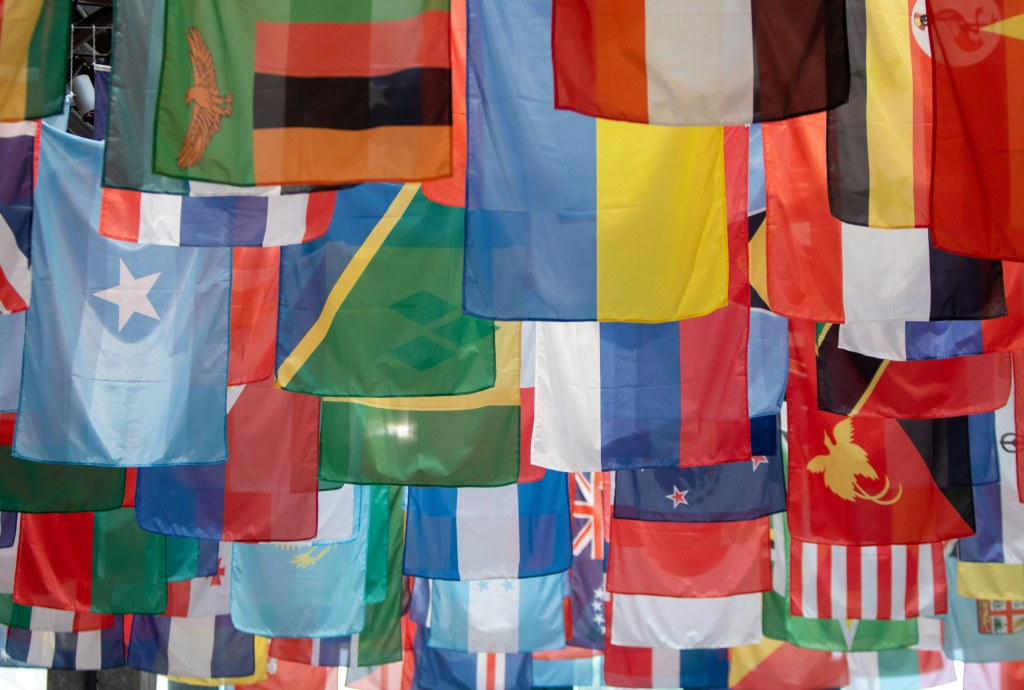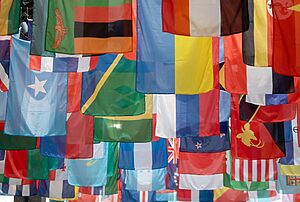The term “social justice” became known through the work of progressive legal scholars in the United States at the end of the industrial revolution and has continued to develop from there.
A contrast to social justice is traditional criminal justice. It doesn’t attempt to create positive outcomes beyond a baseline level of preventing direct harm. An advertised objective of criminal justice is equal treatment of people under the law – but it is very difficult, and whether it actually occurs is subject to debate.
Social justice is much more ambitious, ambiguous, and contentious than criminal justice as it involves a broader idea of equality.
Two radically different kinds of equity / equality
For much of the political spectrum, equity means equality of opportunity, while for the far left it means equality of outcomes. These distinctions are easy to say, but very hard to measure; any measurement is inherently guesswork.
Those who advocate for equality of outcomes point to simple statistics (that are usually actually complex and uncertain) as clear evidence of discrimination and a failure of society. For instance, the number of women or certain racial minorities in senior roles compared to white men. The belief is that different groups chosen by the activists should have equal representation and that any deviation has little to do with skills, effort or preferences.
The causes of these differences are argued to have arisen from historic injustices – such as slavery, colonisation, or gender discrimination. These are vague terms that hide contention and complexity. Only favoured groupings are considered. One size must fit all, and anyone who raises nuances that might undermine this is seen as being guilty of supporting discrimination.
This equality of outcome thinking is part of the Diversity, Equity, and Inclusion (DEI) conceptual framework, which is part of the social aspect of Environmental, Social, and Corporate Governance (ESG) criteria used by many to judge socially responsible investing. This framework has been driven by the UN since 2004, and ESG is now part of the governance of many large corporations and asset managers.
Those pushing for equality of outcome, often called “woke”, tend to argue that those who disagree with their enlightened opinion are not only wrong, but deserving of condemnation. This is at the root of “cancel culture” where self-righteous people gang up on social media and elsewhere to attack someone who they feel has crossed the line.
Others believe everyone is entitled to an opinion. There appears to be growing pushback against the intolerance and general views of the woke. The US Supreme Court is currently considering laws against positive discrimination that could make elements of the ESG agenda illegal.
Most people have a predisposition, including judges
Social justice issues are inherently subjective and partisan, much more so than deciding whether an accused broke a criminal law. As with virtually any sensitive topic, beauty is in the eye of the beholder: most people have some sort of leaning. So, if there is a dispute, even if the judge tries to be neutral, they are likely to have a predisposition. Very often the judge has been chosen because of that predisposition. This not only favours a certain conclusion, but can also very much affect which version of contested facts the judge accepts.



















